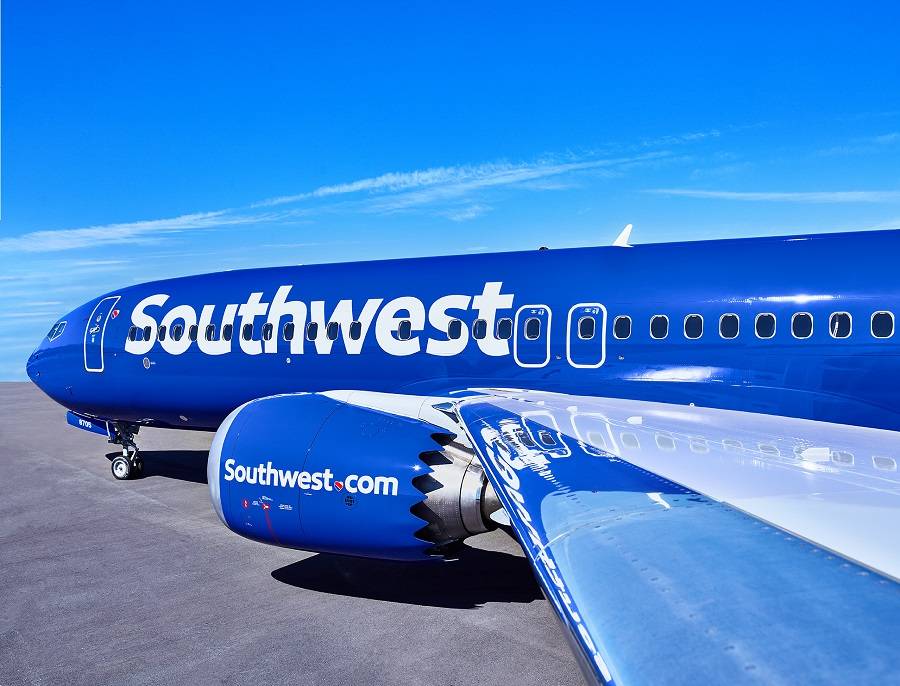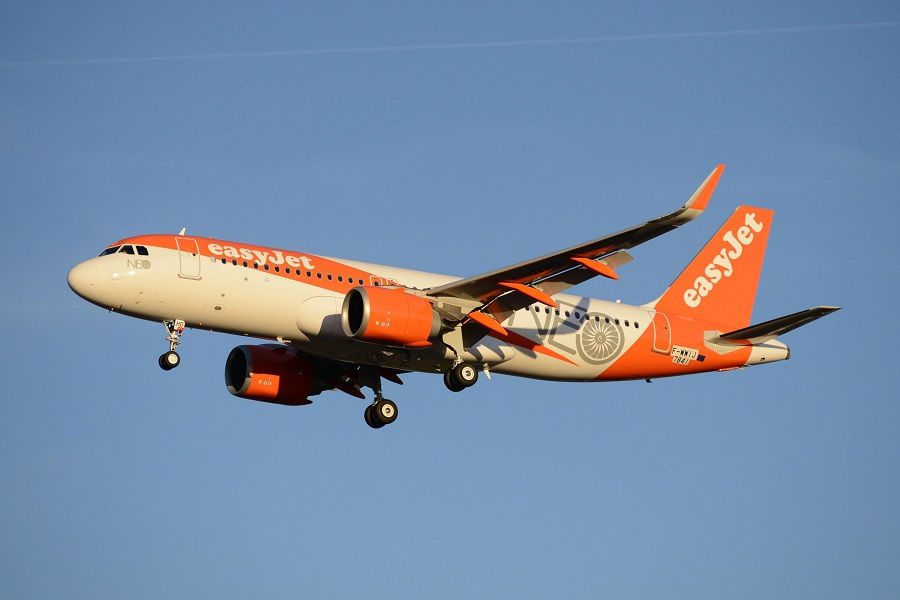In turbulent times, low-cost airlines are moving into popular airports, to get an advantage. But do they all do it? And is it working for those who do?
Low-cost carriers often don’t operate from popular airports. Sometimes this is by choice. If these airports come with higher fees, low-cost carriers try to gain a price advantage by going elsewhere. But sometimes, the reason low-cost and other carriers aren’t in these popular airports is because there is no room.
This is something we saw recently with the London airports. Wizz Air moved to Gatwick, that they couldn’t get slots to, before. EasyJet expands into Gatwick and tries to get slots in Heathrow. From across the big pond, jetBlue is eyeing London’s airports, getting slots to popular Gatwick and to Stansted, but really wants Heathrow… and Ryanair is happy at Stansted.
To an outsider, it may well look like everyone is acting randomly. And it’s not just the low-cost carriers, legacy airlines are doing new things, too, like cargo flights. Everyone is scrambling to find any way to reduce their costs, or gain something when times are tough. The difference, perhaps, is that some airlines have the capital to be bolder than others. So inevitably, we focus on these low-cost carriers.

We already saw how Southwest is expanding to new city pairs in the US. These include popular airports like Houston and Chicago O’Hare. Meanwhile, JetBlue moved out of Long Beach in California, and expanding into LAX.
Popular Airports Or Just Any New Airport?
JetBlue CEO Robin Hayes likened this ‘free-for-all’ to young kids trying to play football (or soccer, if you prefer) and everyone simply following the ball, instead of playing a position:
“That’s what’s happened in the airline industry. Normally, everyone plays their position. You chase certain sorts of business; you elect not to chase other sorts of business. But in an environment where there is hardly any demand, everyone is running after that ball. Airlines aren’t playing their positions. Everyone’s chasing that ball”.

To a certain extent, this isn’t surprising. In another interview, Wizz Air’s CEO Jozsef Varadi recently admitted to making a lot of mistakes in the crisis, including opening bases to new airports and popular areas. And said that he was OK with these mistakes. Because sitting still and doing nothing in a rapidly developing situation, would be worse:
“We made up our mind very quickly on this and decided that we will be agile, and we will be making decisions… we were prepared to make mistakes.
“We wanted to make sure that we don’t fall into that category of trying to be right on everything… You can’t be, because by the time you think you are right, you are irrelevant, because the market has moved so much, and others have outsmarted you”.
Staying On Target
A somewhat more reserved voice among low-cost carrier CEOs is Ryanair’s Michael O’Leary. His airline is also keep to expand operations to popular destinations, but not popular and expensive airports. And he was critical of easyJet, saying that they won’t emerge from the crisis as a low-cost carrier. In part this is due to shrinking their fleet, selling and leasing back aircraft. And of course because they focus on these popular airports:
“Given that they will shrink the business back to those core, high-cost airports – Gatwick, Paris, Berlin, Switzerland – it will still have a strong niche as a higher cost, higher fare, mid-level model. But as a competitor to Ryanair, I don’t think they would be in the neighbourhood”.

In all, airlines that had a strong financial position before the crisis, are using their resources to gain an advantage. For some, the goal is to reposition a bit faster, into a market they previously planned to get into. For others, the goal is to double down on ensuring they continue to have a strong financial position in future.
Time will tell who is right. With everyone having slightly different goals, maybe they all are. More likely, it’s not about right and wrong, rather it’s to do with who has the funds and who doesn’t.



